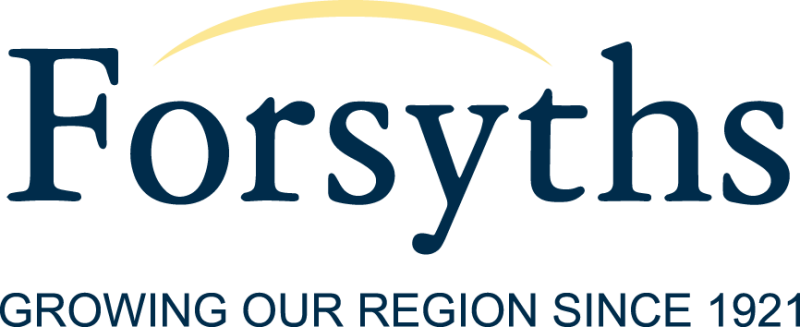
Super pensions and the Commonwealth Seniors Health Card
What is the CSHC
The CSHC is a concession card enabling access to cheaper health care and some discounts if you’ve reached Age Pension age.
Benefits of the CSHC
With a CSHC you may receive benefits such as:
Cheaper medicine under the Pharmaceutical Benefits Scheme (PBS)
Bulk billed doctor visits – this is up to your doctor
A refund for medical costs when you reach the Medicare Safety Net, and
Depending on your state or territory government and local council, lower electricity and gas bills, property and water rates, and public
transport.
Who can get the CSHC?
To get this card you must meet all of the below conditions:
- Be of Age Pension age or older
- Meet residency rules
- Not be receiving an income support payment (such as the Age Pension) from Centrelink or the Department of Veterans’ Affairs
- Give Centrelink your Tax File Number (including your partner’s TFN) unless you’re exempt from doing so
- Meet identity requirements, and
-
Meet the income test.
An income test applies
To get a CSHC, you must meet an income test and earn less than the following:
$90,000 a year if you’re single
$144,000 a year for couples, or
$180,000 a year for couples separated by illness, respite care or prison.
The income test will look at both your:
- Adjusted taxable income – this is the taxable income shown on your income tax return plus some extra amounts such as certain superannuation contributions and losses made on investments, and
- A deemed amount from your account-based income streams (ie, superannuation pension) that started on or after 1 January 2015
When it comes to deeming amounts for account based income streams, the actual amounts paid from your income stream are ignored. Rather, Centrelink assumes that your income stream (including other financial investments) earn a certain rate of income based on a percentage of the account balance at the start of the year.
The percentage is 0.25% up to a threshold ($56,400 for singles, $93,600 for couples) and then 2.25% thereafter.
For example, if you are a single person with a $1.5 million account-based income stream, you would have a ‘deemed income’ amount from that
pension of $32,622, worked out as follows:
(0.25% x $56,400) + [2.25% x ($1.5m - $56,400)] = $32,622
Whereas (using the same formula) a couple with income streams of $1.5 million each would have deemed income of $65,628, combined.
No assets test applies
There is no assets test for the CSHC. This means you could have large accumulation accounts or make large withdrawals from your
accumulation or pension accounts each year and have no impact on your CSHC!
How to claim
The easiest way to claim the CSHC is online via your myGov account. Alternatively, you can also claim by form or phone.
“The information in this newsletter is factual information only, and is not financial, legal or tax advice. The information is
objectively ascertainable information and is not tailored to your personal circumstances. You should consider obtaining professional advice
before making a decision in relation to this information.”



